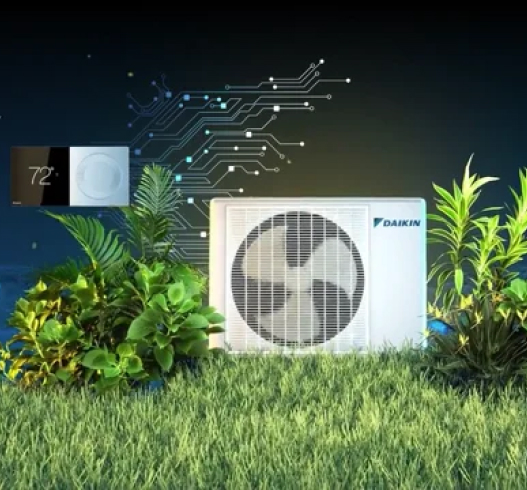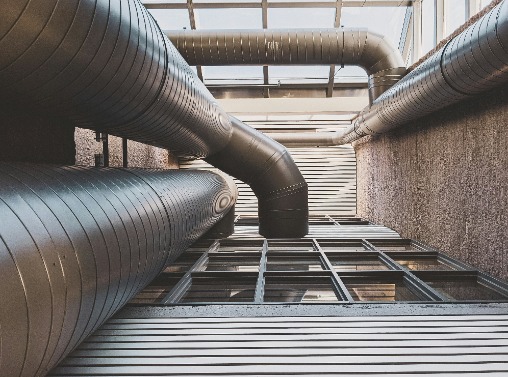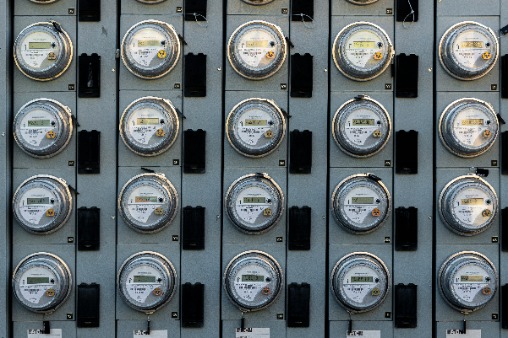5 Reasons: Why a New R-32 HVAC System May Outshine R-410A HVAC System Repairs?

As of early 2025, many North American air conditioners and heat pump systems utilize a refrigerant called R-410A. Because the refrigerant has been consistently and readily available, contractors may have recommended a repair, if appropriate, rather than a total HVAC system replacement. However, the heating, ventilation, and air conditioning (HVAC) industry is currently transitioning from R-410A to a new class of refrigerants with a lower Global Warming Potential (GWP), also known by industry experts as A2Ls.
Because of this transition, homeowners may soon face the question of whether to replace a single component of their R-410A HVAC system, such as the compressor or coil, or replace the entire system with a new air conditioner or heat pump system using a low GWP refrigerant, such as R-32. While budget is typically the driving force of a repair decision, there may be more to consider as to why to choose a replacement.
Here are five reasons why installing a new R-32 system is a smart long-term choice.
1. The Industry’s Transition to A2L Refrigerants
Purchasing a complete R-32 HVAC system helps ensure homeowners are ahead of this refrigerant transition. This forward-thinking approach aligns with sustainability goals and the upcoming regulatory changes.
This refrigerant transition is driven by regulations aimed at reducing the carbon footprint of HVAC systems, representing about 20-30% of total energy use in buildings worldwide.1 Cooling alone, primarily through air conditioners and fans, constitutes roughly 10% of global electricity consumption.2 This percentage is expected to grow as demand for cooling rises, particularly in hot regions and developing countries.
R-410A, a high-GWP refrigerant, will be phased out in favor of lower GWP alternatives like R-32.
2. The Future Unknown Cost of R-410A
As the phase-out of R-410A progresses, the availability of this refrigerant may dwindle, and the cost to service this equipment may rise, just like it did with R-22.3 This scarcity may affect both the cost of the refrigerant and possibly the availability of replacement parts for R-410A systems.
In contrast, R-32 is commonly used worldwide, with over 280 million units installed across the globe. Numerous refrigerant producers manufacture it, and it has emerged as a popular choice among low-GWP refrigerants due to its high efficiency. Some alternative low-GWP blends can be proprietary to the companies that own the patents, potentially limiting access and supply.
3. Future Availability of R-410A Heating and Cooling Equipment
No one can 100% predict the future. If the laws of supply and demand are accurate and manufacturers are no longer allowed to produce R-410A equipment, the supply of R-410A HVAC systems and compatible components may eventually become limited over time.
Investing in a complete R-32 system now helps reduce these potential availability concerns. Your home’s HVAC system would have the latest refrigerant and technology, and you can have peace of mind knowing the future availability of parts and equipment.
4. Warranty Benefits of Changing the Entire System
HVAC manufacturers may require that their products be used in conjunction with compatible components to honor the warranty. Mixing an R-410A component with an R-32 system or vice versa not only causes safety issues but multiple warranty agreements can be difficult to manage.
Upgrading to a complete R-32 HVAC system helps ensure that the system's individual components work together seamlessly, as designed, providing optimal performance and efficiency. This also means that you’ll be covered by a new limited warranty, giving you peace of mind for years to come.
5. Energy Efficiency and Potential Incentives
Energy efficiency, advanced technology, rebates, and incentives may be helpful when considering transitioning to an R-32 refrigerant system. Over time, these savings may offset the initial cost of upgrading to a new system.
Energy Savings: R-32 refrigerant has about one-third the global warming potential (GWP) of R-410A, and it also offers energy efficiency. It is efficient at transferring heat. For example, the Daikin ATMOSPHERA with R-32 has up to 12% more cooling efficiency and up to 18% more heating efficiency than comparable R-410A LV Series systems. Such efficiency may help keep energy bills low.
- Advanced Technology: Daikin’s R-32 systems, like the Daikin ATMOSPHERA mini split, are designed with advanced technology that offers great performance, quiet operation, and consistent comfort. This means you’ll enjoy a comfortable home environment while also reducing your carbon footprint compared to fossil fuel-burning systems.
- Local Rebates: Rebates and incentives may be available for purchasing energy-efficient heating and cooling products, including certain heat pumps. These rebates are designed to encourage consumers to upgrade to systems that reduce energy consumption and greenhouse gas emissions, potentially saving homeowners significant amounts on their initial costs and long-term energy bills.
For more details, use Daikin’s rebate webpage, as rebate programs can vary by product and region.
- Government Incentives: The Inflation Reduction Act (IRA), signed into law in August 2022, allocates funding for financial incentives and tax credits to encourage the adoption of energy-efficient appliances, including heating and cooling systems like certain heat pumps.
The Inflation Reduction Act also expands and extends the Energy Efficient Home Improvement Credit*, providing consumers with financial incentives to make energy-efficient upgrades to their homes. Additionally, it includes rebate provisions for low- and moderate-income households, making it more accessible for a broader range of Americans to benefit from energy-saving technologies.
* Daikin Comfort Technologies Manufacturing, L.P. does not offer tax advice. This information is provided for discussion purposes only and is provided as a generic guideline. This information does not represent tax advice. Before filing for any tax credit with respect to any product, Daikin Comfort Technologies Manufacturing, L.P. recommends that consumers consult with a tax professional to determine the application of such credits to their situation.
While replacing only one component of your HVAC system with R-410A may be tempting, this short-term solution could lead to high costs and headaches down the road. With the HVAC industry’s transition to A2L refrigerants like R-32, there are many future unknowns with R-410A refrigerant-compatible equipment. This may be the perfect time to upgrade your home with an R-32 heating and cooling system.1. Our World in Data, Energy Production and Consumption. https://ourworldindata.org/energy-production-consumption
2. Internation Energy Agency, The Future of Cooling, Opportunities for energy-efficient air conditioning, 2018
https://iea.blob.core.windows.net/assets/0bb45525-277f-4c9c-8d0c-9c0cb5e7d525/The_Future_of_Cooling.pdf
3. Environmental Protection Agency, Phasing Out HCFC Refrigerants To Protect The Ozone Layer, Availability and Cost of R-22
https://www.epa.gov/sites/default/files/2015-07/documents/phasing_out_hcfc_refrigerants_to_protect_the_ozone_layer.pdf
In this article
Connect on Social Media
 Follow on Facebook
Follow on Facebook
 Follow on YouTube
Follow on YouTube
 Follow on Instagram
Follow on Instagram
 Follow on X
Follow on X
 Follow on TikTok
Follow on TikTok
 Follow on Pinterest
Follow on Pinterest

Looking for help now?
Enter your zip code to search for Daikin Contractors in your area.
Learn More
Learning Center Content
Stay informed about home comfort technology, when to upgrade, energy efficiency, and reducing your energy bills.





























